Quimiapan isn’t just a brand—it’s land that has shaped our family for generations, and a way of life that refuses to be rushed. Our story begins decades ago in Coatepec, Veracruz, where our family worked the same soil we walk on today. We didn’t inherit a business—we inherited a responsibility.
Over the years, we’ve watched others take shortcuts. We’ve seen quality traded for scale, and names disappear under anonymous blends. But we chose a different path: to protect the essence of what makes great coffee—patience, consistency, and respect for the process.
Everything we do—every tree we plant, every cherry we pick, every roast we prepare—is done with intention. We’re not chasing trends. We’re honoring a legacy, and building something that lasts.
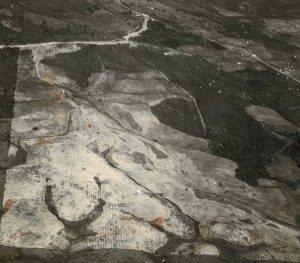
Armando U. purchased the historic hacienda, dating back to the 1700s, and began restoring its grandeur. His vision was clear—transform the land into something enduring, honoring its history while preparing it for the future.
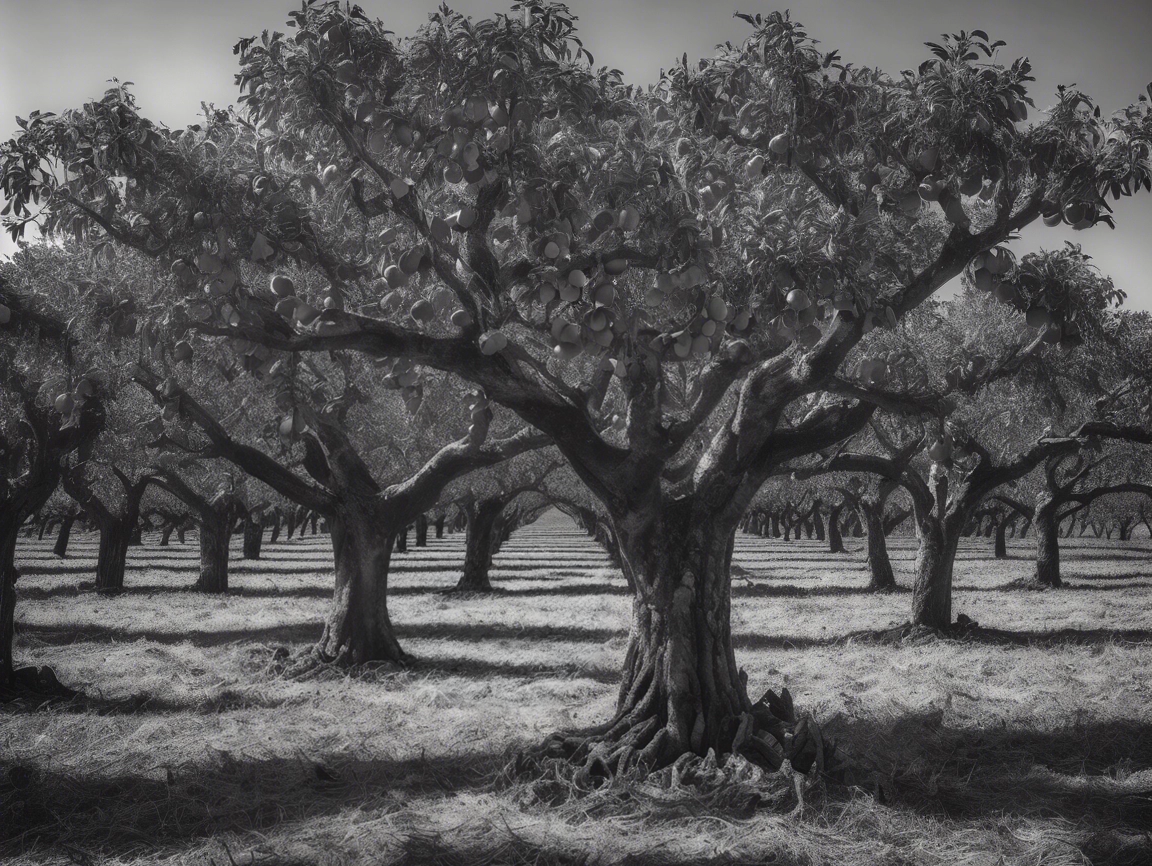
Initially, the land was an orange plantation. But as the years passed, Armando recognized the potential of coffee. The farm’s transition to coffee cultivation marked the start of a new era, one driven by the pursuit of quality.
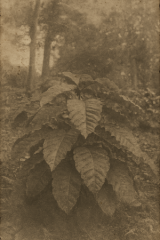
Coffee was introduced to Quimiapan in the 1950s, and the family’s commitment to the craft began to take root. Early experiments in cultivation laid the foundation for the future of Quimiapan Coffee.
By the 1960s, the farm's coffee cultivation proved successful. Quimiapan’s coffee was beginning to stand out, and the family saw the potential to grow not just the farm, but their future within the coffee industry.
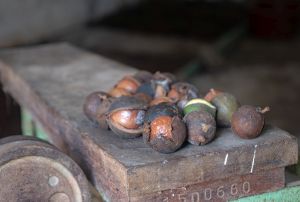
In the 1970s, Quimiapan innovated by introducing macadamia nuts from Hawaii to provide shade for the coffee bushes. This investment in sustainability demonstrated a forward-thinking approach that would help define the farm's practices.
As international coffee prices reached historic highs in the 1980s, Quimiapan saw rapid growth. The business expanded, bringing the farm’s exceptional coffee to an increasingly global market
The 1990s brought challenges. Coffee prices declined, and the Roya plague struck Quimiapan for the first time. This prompted the search for more resistant varietals—an effort that would ultimately lead to new opportunities for the farm’s continued success.
In the 2000s, Quimiapan began growing the Marsellesa varietal, which proved to be highly resistant to plagues. This new addition marked a turning point in the farm's resilience and set the stage for the future of Quimiapan Coffee.
By the 2010s, Quimiapan Coffee’s Marsellesa varietal had proven successful, and the farm exported its first batch to the United States. This achievement marked the beginning of a broader international presence and helped cement Quimiapan’s place in the specialty coffee world.
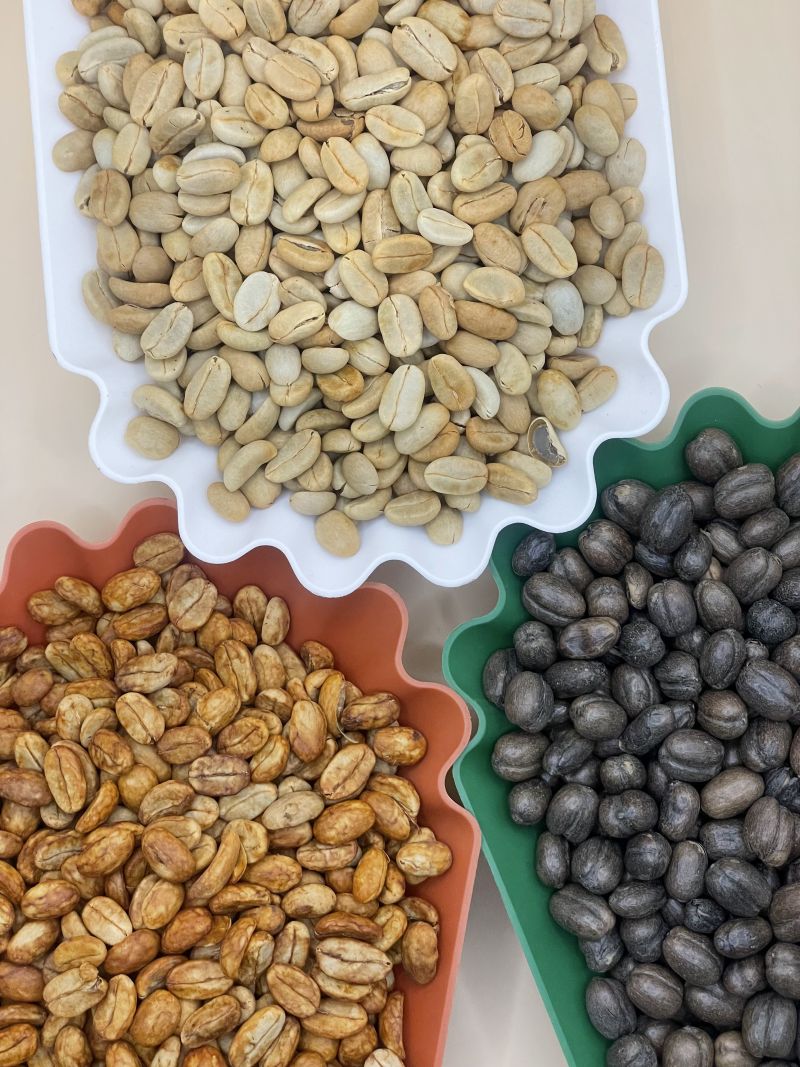
With a renewed focus on showcasing high-quality beans through roasters and our own crafted recipes, the 2020s are defining a new era for Quimiapan. Premium Quality Specialty Coffee is now our vision—one that honors the farm’s history while positioning us at the forefront of the modern coffee world.
Heritage & Progress
At Quimiapan, we honor our family’s legacy while embracing modern agricultural practices. From selecting the finest varietals to implementing sustainable farming techniques, we merge tradition and innovation to produce exceptional coffee. Our focus on quality isn’t just about the beans—it’s about the process from seed to cup.
Sustainability at Our Core
Quimiapan’s commitment to sustainability runs deep. From shade-grown coffee to the careful management of our land’s resources, we work tirelessly to ensure that our coffee is grown in harmony with the environment. Our organic practices and conscious choices protect the soil for generations to come.
Sourcing with Integrity
Quimiapan controls every aspect of coffee production. We grow, process, dry, and mill the beans right here on the farm—ensuring quality and consistency at every step. By partnering with roasters directly, we maintain transparency and trust, allowing you to trace every bean back to the source.
